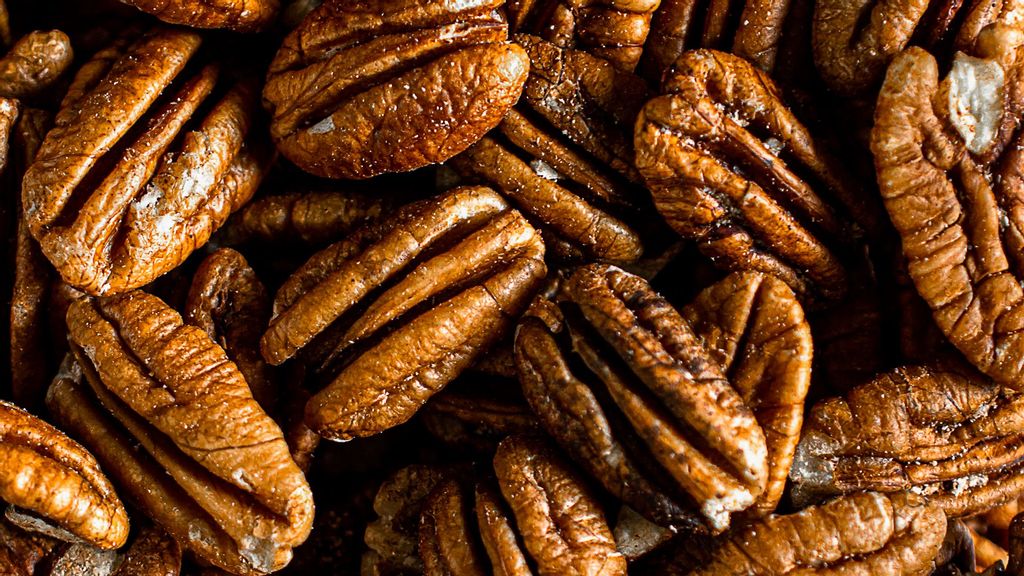WASHINGTON — A new study has shown that a pecan-enriched diet can improve a person’s cholesterol levels.
The study “Pecan-Enriched Diets Alter Cholesterol Profiles and Triglycerides in Adults at Risk for Cardiovascular Disease in a Randomized, Controlled Trial” is published in “The Journal of Nutrition.”
Participants at risk for cardiovascular disease who ate pecans during an eight-week intervention showed significant improvements in total cholesterol, triglycerides, and low-density lipoprotein (LDL), or “bad” cholesterol, in the study conducted by researchers in the UGA College of Family and Consumer Sciences.
“This dietary intervention, when put in the context of different intervention studies, was extremely successful,” said Jamie Cooper, one of the study’s authors and a professor in the FACS department of nutritional sciences.
“We had some people who actually went from having high cholesterol at the start of the study to no longer being in that category after the intervention,” said Cooper.
Researchers saw an average drop of 5 percent in total cholesterol and between 6 percent and 9 percent in LDL among participants who consumed pecans.
For context, researchers referred to a previous meta-analysis of 51 exercise interventions designed to lower cholesterol that reported an average reduction of 1 percent in total cholesterol and 5 percent in LDL cholesterol.
“The addition of pecans to the diet not only produced a greater and more consistent reduction in total cholesterol and LDL compared to many other lifestyle interventions but may also be a more sustainable approach for long-term health,” said Cooper.
“Some research shows that even a 1 percent reduction in LDL is associated with a small reduction of coronary artery disease risk, so these reductions are definitely clinically meaningful.”
Researchers assigned 52 adults between the ages of 30 and 75 who were at higher risk for cardiovascular disease to one of three groups.
One group consumed 68 grams or about 470 calories of pecans a day as part of their regular diet; a second group substituted pecans for a similar amount of calories from their habitual diet. A control group did not consume pecans.
At eight weeks, participants consumed a high-fat meal to determine changes in blood lipids and the amount of glucose, or sugar, in the blood.
Fasted blood lipids showed similar improvements among the two pecan groups, while post-meal triglycerides were reduced in the group that added pecans.
Post-meal glucose was lowered in the group that substituted pecans.
“Whether people added them or substituted other foods in the diet for them, we still saw improvements and pretty similar responses in total cholesterol and LDL cholesterol in particular,” said Cooper. He also serves as director of the Obesity Initiative at the University of Georgia.
Researchers pointed to the known bioactive properties of pecans for possible mechanisms driving the improvements. Pecans are high in healthy fatty acids and fiber, both of which have been linked to lower cholesterol.
(With inputs from ANI)
Edited by Ojaswin Kathuria and Nikita Nikhil
The post Pecan-Enriched Diet Can Reduce Cholesterol: Study appeared first on Zenger News.

